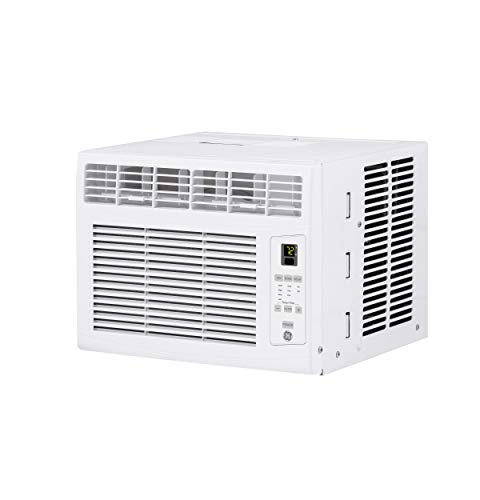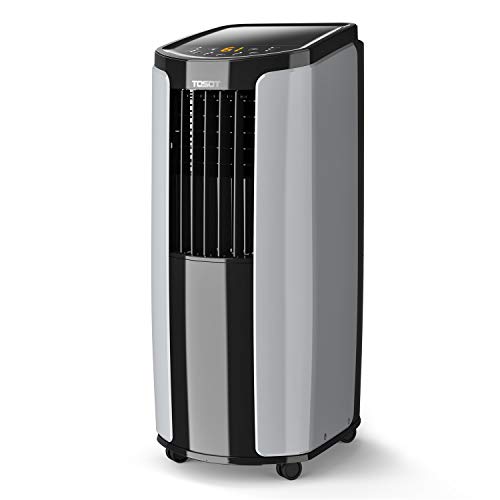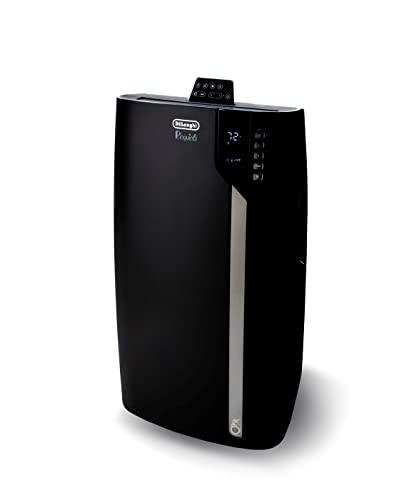Whether it’s due to renovations, enhancing curb appeal, or optimizing the unit’s location for better efficiency, the reasons for moving an air conditioner unit are varied and valid. Even though some of the best air conditioners are extremely heavy, moving a window unit is as simple as transferring it to another room; moving an outdoor unit is a complex task involving delicate copper lines, refrigerant handling, and adherence to building codes, which demands careful consideration. This article aims to guide you through the process, ensuring your air conditioning system continues to provide comfort without incurring unnecessary costs or damages.
Key Takeaways_
- Moving an air conditioner can be arduous, as they are extremely bulky and heavy.
- For indoor units, enlist friends and family to help or rely on a trolley or a related gadget to make things easier.
- If you are moving a central AC, internal unit, or outdoor unit and its various components (like copper lines and refrigerant lines), consider hiring a mover or an HVAC pro.
Moving Your AC Unit
Before embarking on moving your air conditioner unit, several key considerations must be addressed.
- The new location should offer ample space for airflow and maintenance, away from obstructions like dryer vents that can affect performance.
- Understanding the intricacies of your system, from the evaporator unit inside to the compressor unit outside, is vital.
- The process involves handling refrigerant lines and electrical wiring, which, if not done correctly, can lead to expensive repairs or even the need for a replacement unit.
- Additionally, the cost of relocation should be weighed against the benefits, considering labor costs and the potential need for new copper components or protective covers.
Preparation
Begin with a thorough plan detailing every piece of equipment and material needed, from copper tubing to a purpose-built storage bottle for refrigerant.
STAT: One of the biggest problems with relocating your HVAC unit and moving the air conditioner is that the refrigerant line must not be bent at any severe angle because that would likely create a leak in the line. (source)
Safety gear and adherence to building codes are paramount to prevent non-compliant HVAC unit issues.
Outdoor Unit Relocation
- Refrigerant Handling: Safely recover the refrigerant into a storage bottle to prevent environmental harm.
- Disconnecting Lines: Carefully disconnect the copper lines and electrical wiring, ensuring no damage to the fragile cables.
- Physical Moving: Transport the outdoor unit, avoiding any severe angles that might compromise the internal components.
Indoor Unit Considerations
If the internal unit also needs relocation, ensure there’s adequate space and the necessary infrastructure for electrical and thermostat wiring. The process might involve rerouting refrigerant lines or installing a new disconnect box.
Additionally, if considering a portable air conditioner as an alternative, understanding how big of a portable AC you need is crucial to ensure it adequately cools the intended area without overburdening the system.
Reinstallation and Testing
Securely install the unit at its new location, reconnect the copper pipes and wiring, and test the system thoroughly to ensure optimal performance.
Why Move Your AC Unit?
There are plenty of reasons why homeowners decide to move their air conditioning units.
From major home renovations that alter the layout of your space to the desire for improved exterior attractiveness, the motivations are as diverse as the homes we live in.
Noise reduction is another one of the biggest reasons, especially when the outdoor unit is near a bedroom or living area.
Noise isn’t only a problem with central AC units; finding the quietest window air conditioner might also be a viable solution if noise is an issue with your existing system. Be sure you know how to find the BTU of the AC to ensure it is suitable for your space.
insider tip
If you want an easy-to-move air conditioning unit, consider a portable AC, which is much lighter and less bulky than window or central AC units.
Additionally, moving the unit might be necessary to comply with municipal building codes or to create space for new construction projects.
Whatever the reason, understanding the implications of relocation on your air conditioning system’s efficiency and cost is crucial.
Alternatives to Moving Your AC Unit
Sometimes, the best solution isn’t to move the unit but to enhance its surroundings. Creative landscaping or building a decorative cover can improve curb appeal without the extra cost and hassle of relocation.
For those in temporary residences, a portable air conditioner might be a more viable option, offering flexibility without the need for permanent installation.
When to Call a Professional
Moving an air conditioner outdoor unit is not a typical DIY project. The risks involved, from handling refrigerant to ensuring the system remains efficient, often necessitate the expertise of air conditioning service experts.

If the relocation involves complex electrical lines or the potential for structural changes to your home, professional air-con and electrical services are indispensable.
Maintenance Tips Post-Relocation
After relocating your air conditioning unit, regular maintenance becomes even more crucial. Ensure there’s no strain on the copper tubing and that the unit has a protective cover to shield it from the elements.
Regular checks by air conditioner service experts can prevent issues and prolong the life of your system.
Relocating an air conditioner unit involves more than just physical moving. From understanding the reasons behind the move to considering the cost and complexities of dealing with refrigerant lines, copper wires, and building codes, every aspect demands careful thought.

While alternatives like enhancing the unit’s surroundings or opting for a portable air conditioner exist, sometimes relocation is unavoidable.
In such cases, enlisting the services of professionals and maintaining the unit post-relocation are key steps to ensuring the longevity and efficiency of your air conditioning system.
























